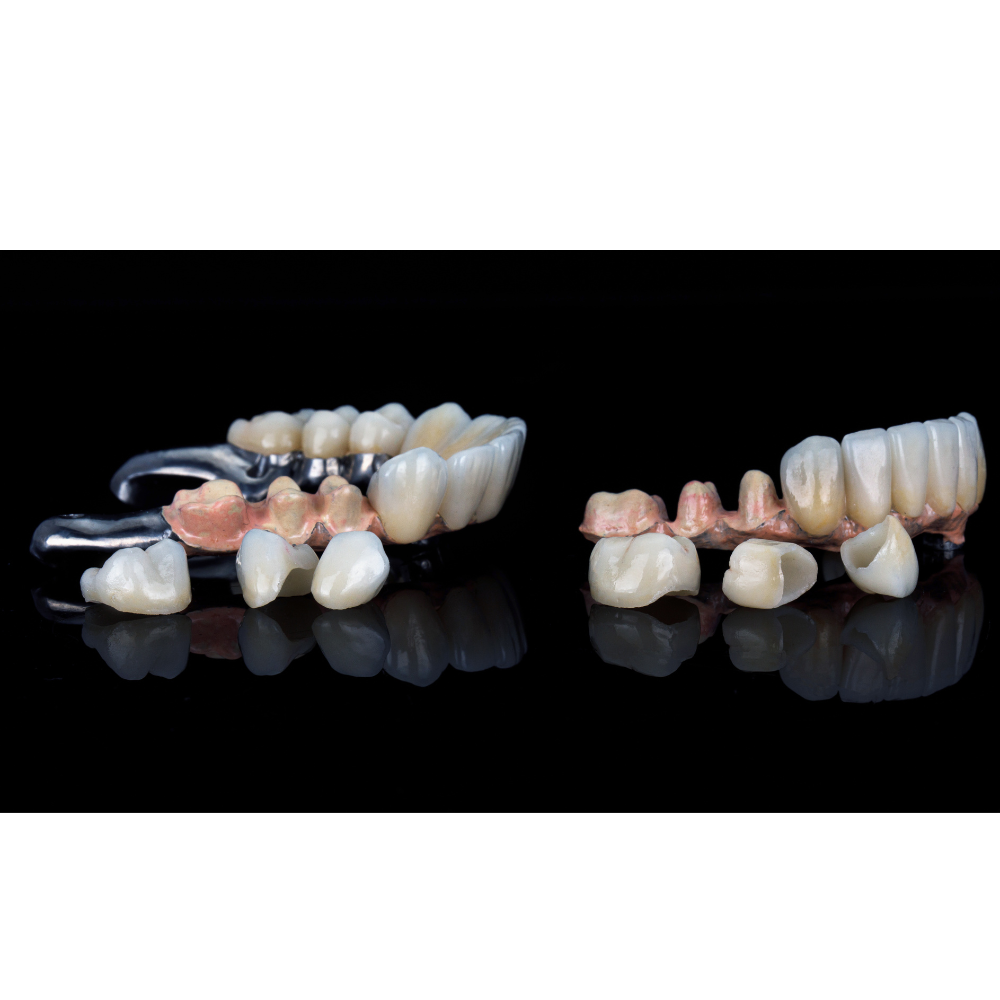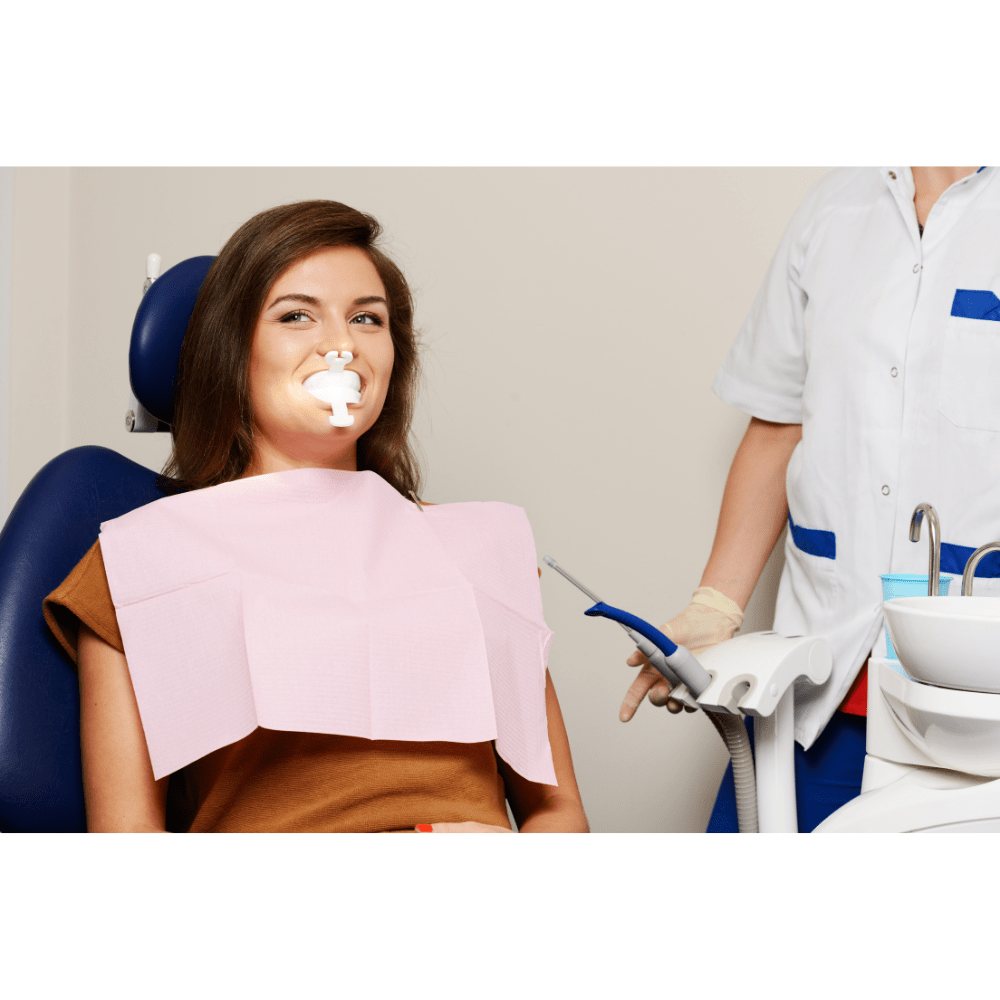How Many Teeth Can a Dentist Pull At Once? | The Limitations
A dentist’s primary goal is to balance efficiency with patient safety and comfort. Several factors influence how many teeth can be pulled at once, such as your ability to tolerate anesthesia, the extent of any damage to bone and tissues, and the possibility of complications.
To promote your oral health and overall well-being, you should know these limitations to make informed decisions about your dental care. You can better understand your personalized treatment plan by examining the number of teeth that can be pulled in one go.
How Many Teeth Can a Dentist Pull At Once?
There is no limit to the number of teeth a dentist can pull at once. Dentists often remove several teeth at once during a single visit. In some cases, it is not recommended to pull all teeth at once because complications can arise that may harm your oral health.
Factors such as your medical history, the location of teeth, their condition, and your pain tolerance level all play a role in analyzing how many teeth can be extracted at once.
Will a Dentist Pull a Tooth on the First Visit?
The dentist will pull your tooth on your first visit if it is severely damaged or infected. Dentists do not delay the procedure in such cases as it could exacerbate pain, facilitate the spread of infection, or lead to different complications.
The diagnosis, assessment of dental and overall health, and development of a personalized treatment plan are normally done on the first visit. Immediate removal of the tooth, though not the norm. Dentists not only ensure a successful tooth extraction but also promote your long-term oral health, through some comprehensive steps. Which includes;
Examination of the Tooth:
During the first visit, your dentist will conduct a thorough examination to evaluate the condition of your tooth.
Numbing the Area:
Local anesthesia is applied to numb the area around the tooth and minimize pain and discomfort during the procedure.

Extraction of the Tooth:
The tooth is gently loosened and removed from the socket using extraction forceps and periosteal elevators in this step.
Post-Extraction Bleeding Management:
After a tooth extraction, bleeding may occur which is managed by applying pressure to the site to promote clot formation.
Aftercare Instructions:
You will receive detailed instructions for after-extraction care, including pain management, swelling reduction, and good oral hygiene.
Follow-Up Visits:
It is essential to attend follow-up visits with your dentist to ensure proper healing of the treated site and to address any concerns or complications that may arise. Further treatment may be provided if necessary during these visits.
Can You Die from Getting All Your Teeth Pulled
It is extremely rare to die if you get all the teeth pulled at once but it is theoretically possible. The chance of experiencing death is meager.
It is essential to keep in mind that the risk of death from tooth extraction is minimal compared to other natural causes. However several possible complications can arise from getting all of your teeth pulled.
Possible Tooth Extraction Complications
Temporomandibular Joint (TMJ) Disorders:
Multiple dental extractions of teeth can cause TMJ disorders. It is characterized by pain, clicking or popping noises, and limited jaw movement due to the alteration of the alignment and functioning of the jaw.
Alveolar Bone Resorption:
It can also lead to loss of the alveolar bone supporting teeth which causes changes in facial appearance, decreased denture stability, and compromised oral health.
Difficulty with Denture Adaptation:
After multiple teeth are pulled out at once, adjusting to dentures can be a challenge. If you pull all teeth You may experience discomfort, sore spots, and difficulties with eating and speaking.
Residual Tooth Fragments or Roots:
In some cases of multiple dental extractions, fragments of teeth or roots may be left behind, which can cause pain, infection, and delayed healing if not removed properly. This can occur mostly in severely decayed or fractured teeth.
Psychological Impacts:
Removing all teeth can have significant psychological and emotional effects. These include feelings of embarrassment, self-consciousness, and depression.
Care Tips After Dental Extraction
- After your dental procedure, gently bite down on the gauze pad provided by your dentist to control bleeding.
- Apply ice packs or cold compresses to the cheek outside the extraction site to reduce swelling and pain.
- Take any prescribed pain medication as directed by your dentist to manage discomfort.
- Stick to a soft diet for the first few days after treatment to avoid irritating the extraction site.
- Gently rinse your mouth four times a day with a solution of 1/2 teaspoon of salt in a glass of warm water, or as instructed by your dentist.
- Avoid smoking and using straws for at least 3 days after multiple dental extractions, as they can increase the risk of developing a dry socket.
- Avoid spitting, as it can loosen or dislodge the blood clot that forms.

FAQs
What is the maximum number of teeth that can be extracted?
There is no limit on the number of teeth that can be removed at once. Pulling all teeth at once is also possible but this will be done if you have significant tooth decay and require extensive treatment.
How long does it take to pull 5 teeth?
The time to pull 5 teeth typically ranges from 1.5 to 2.5 hours. It depends on factors like complexity and patient cooperation.
Is it safe to extract 8 teeth at once?
Extracting 8 teeth at once may carry some risks, but it can be safe if performed by a qualified and experienced dentist or oral surgeon.



